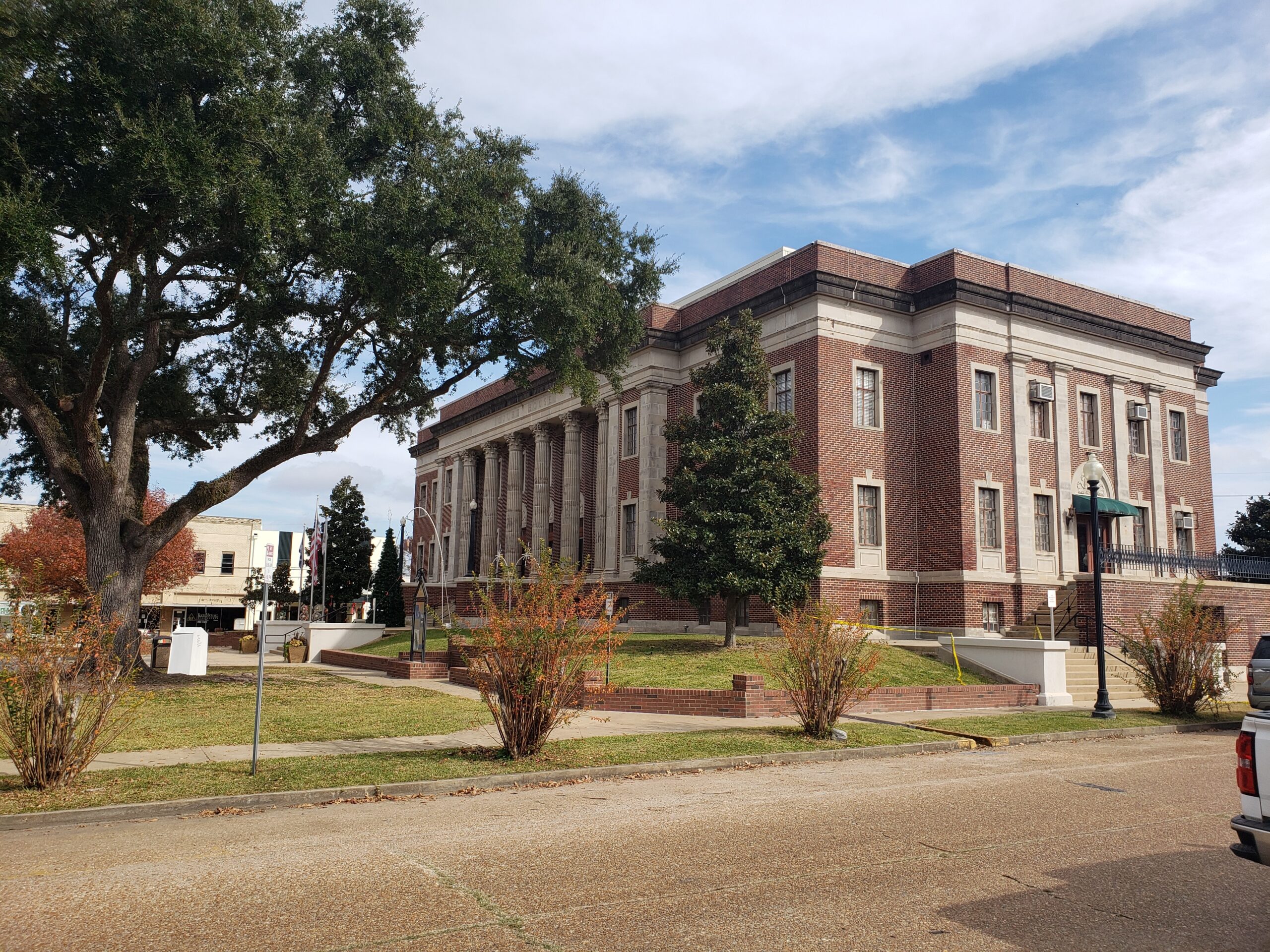Losing a loved one is never easy. Unfortunately, during this challenging time, you also need to deal with the legal process of probate. Probate is the legal process of administering a deceased person’s estate, including the distribution of assets to beneficiaries.
Probate can be a complex and time-consuming process, especially for those unfamiliar with the legal system. Executors are responsible for managing the estate, paying off any debts, and distributing assets to beneficiaries according to the deceased’s wishes or state law. Beneficiaries may need to provide legal documentation, such as a death certificate or proof of identity, to receive their inheritance. In some cases, disputes may arise between beneficiaries or creditors, further complicating the probate process. With the proper guidance and support, however, executors and heirs can easily navigate probate and ensure their loved one’s wishes are fulfilled.
In this guide, we will provide an overview of the probate process and offer advice to executors and beneficiaries on navigating this process.
Table of Contents
- What is Probate?
- When is Probate Necessary?
- Who is Involved in Probate?
- How Does the Probate Process Work?
- Steps Involved in Probate
- Filing the Petition for Probate
- Inventory and Appraisal of Assets
- Payment of Debts and Taxes
- Distribution of Assets to Beneficiaries
- How Long Does Probate Take?
- What Are the Costs Involved in Probate?
- Tips for Executors
- Tips for Beneficiaries
- Common Probate Mistakes to Avoid
- Conclusion
- FAQs
1. What is Probate?
Probate is the legal process of administering a deceased person’s estate. It includes validating the will, identifying and valuing assets, paying off debts and taxes, and distributing assets to beneficiaries according to the will or state law. The court oversees the probate process, and a judge may make decisions if necessary.
2. When is Probate Necessary?
Probate is necessary if the deceased owned assets that did not have a designated beneficiary or were not held in a trust. This typically includes real estate, vehicles, bank accounts, stocks, and personal possessions. If the deceased had a will, the probate court will validate it and ensure it is carried out according to its terms. If there is no will, the court will distribute the assets according to state law.
3. Who is Involved in Probate?
There are several parties involved in the probate process:
- The deceased’s executor or personal representative manages the probate process and ensures the deceased’s wishes are fulfilled.
- The attorney for the estate, or individual attorneys if the executor and beneficiaries desire different attorneys.
- The court oversees the probate process and makes decisions when necessary.
- The deceased’s beneficiaries are entitled to receive assets from the deceased’s estate.
- Creditors, who may file claims against the estate to collect any debts owed by the deceased.
4. How Does the Probate Process Work?
The probate process starts when the executor hires an attorney to file a petition for probate with the court. The court will then appoint the executor and issue testamentary letters, giving the executor the authority to manage the deceased’s estate.
Once appointed, the executor is responsible for identifying and valuing the deceased’s assets, paying off any outstanding debts and taxes, and distributing the remaining assets to the beneficiaries according to the will or state law. The executor must also keep detailed records and file periodic reports with the court.
4.1. Filing the Petition for Probate
The executor files a petition for probate with the court, the deceased’s original will (unless there is not a will), and a death certificate.
4.2. Inventory and Appraisal of Assets
The executor identifies and values the assets of the deceased. This typically involves getting appraisals for real estate and personal property and reviewing bank and investment account statements.
4.3. Payment of Debts and Taxes
The executor must pay off any outstanding debts and taxes the deceased owes, including funeral expenses, medical bills, and estate taxes.
4.4. Distribution of Assets to Beneficiaries
Once all debts and taxes have been paid, the executor can distribute the remaining assets to the beneficiaries according to the will or state law.
5. How Long Does Probate Take?
The length of the probate process depends on several factors, including the size and complexity of the estate, whether there are disputes among the beneficiaries and the efficiency of the executor. In general, probate can take anywhere from several months to several years.
6. What Are the Costs Involved in Probate?
The costs of probate can vary widely depending on the size and complexity of the estate, as well as the location of the probate court. Some of the expenses involved in probate include court filing, appraiser, attorney, and executor fees.
7. Tips for Executors
As an executor, you manage the probate process and ensure the deceased’s wishes are fulfilled. Here are some tips to help you navigate this process:
- Understand your role and responsibilities as an executor.
- Keep detailed records and file periodic reports with the court.
- Communicate regularly with the beneficiaries and keep them informed of the progress of the probate process.
- Seek the advice of attorneys, accountants, and appraisers if needed.
- Be mindful of potential conflicts among the beneficiaries and take steps to resolve them if possible.
8. Tips for Beneficiaries
As a beneficiary, you can receive assets from the deceased’s estate. However, this process can be complicated and may take some time. Here are some tips to help you navigate this process:
- Be patient and understand the probate process and the executor’s responsibilities.
- Communicate regularly with the executor and keep them informed of any changes in your contact information or other circumstances that may affect the distribution of assets.
- Seek the advice of professionals such as attorneys or financial advisors if needed.
- Be prepared to provide documentation or information to support your claim to assets.
9. Conclusion
Probate is a necessary process after the death of a loved one, but it can be complex and time-consuming. Executors and beneficiaries should be prepared for the process and seek professional advice. The probate process can be completed successfully with patience, understanding, and careful management.
Common Probate Mistakes to Avoid
Probate can be a complex and time-consuming process, and mistakes can be costly for both executors and beneficiaries. Here are some common probate mistakes to avoid:
1. Failing to Understand the Process
Probate can be complicated, and executors and beneficiaries must understand their roles and responsibilities. Failing to understand the process can lead to delays, disputes, and costly mistakes.
2. Not Keeping Accurate Records
As an executor, keeping accurate records of all transactions and communications related to the probate process is essential. Failure to do so can lead to disputes among beneficiaries, delays in the process, and potential legal issues.
3. Not Communicating with Beneficiaries
Communication is critical during the probate process, and executors should keep beneficiaries informed of the progress of the process. Failure to communicate can lead to misunderstandings, disputes, and delays in the distribution of assets.
4. Failing to Seek Professional Advice
Probate can be a complex legal process, and it’s essential to seek professional advice if needed. Executors and beneficiaries should consider consulting with attorneys, accountants, and appraisers to ensure the process is managed correctly.
5. Not Paying Debts and Taxes
Executors must pay the deceased’s debts and taxes before distributing assets to beneficiaries. Failure to do so can lead to legal issues and potential liability for the executor.
6. Not Following the Will or State Law
Executors must follow the deceased’s will or state law when distributing assets to beneficiaries. Failure to do so can lead to legal disputes and potential liability for the executor.
7. Not Considering the Needs of Beneficiaries
Executors should consider the needs of beneficiaries when distributing assets. Failure to do so can lead to disputes and potential legal issues.
8. Not Seeking Court Approval
Executors should seek court approval for all major decisions related to the probate process, such as the sale of property or the distribution of assets. Failure to do so can lead to legal disputes and potential liability for the executor.
9. Not Securing Assets
Executors should take steps to secure the deceased’s assets, such as changing locks on the property and securing valuable items. Failure to do so can lead to theft or loss of assets.
10. Not Closing the Estate Properly
Executors must legally close the estate properly, including filing final tax returns and distributing assets to beneficiaries. Please do so to avoid legal issues and potential liability for the executor.
In conclusion, probate can be complicated, but avoiding these common mistakes can help ensure the process is managed correctly and efficiently. Executors and beneficiaries should seek professional advice, communicate regularly, and keep accurate records to avoid potential disputes and legal issues.
Conclusion
Probate can be complex and daunting, but executors and beneficiaries can navigate it successfully with the correct information and guidance. Understanding the basics of probate, including the process, roles and responsibilities, and common mistakes to avoid, can help ensure the process is managed efficiently and effectively.
As an executor, keeping accurate records is essential, as communicating regularly with beneficiaries and seeking professional advice when needed. Beneficiaries should be patient and understanding throughout the process and communicate openly with the executor.
Probate can be challenging and emotional, but by working together and avoiding common mistakes, executors and beneficiaries can ensure that the deceased’s wishes are carried out, and assets are distributed fairly and appropriately.
Contact Us!
The Andries Law Firm, LLC, helps executors and beneficiaries during probate in Louisiana. Call us at (318) 269-5857 or contact us online for a free consultation.
FAQs
- What happens if there is no will?
If there is no will, the court will distribute the deceased’s assets according to state law.
- Can the beneficiaries contest the will?
Yes, beneficiaries can contest the will if they believe it is invalid or the deceased was unduly influenced.
- Can the executor be personally liable for mistakes made during the probate process?
Yes, the executor can be personally liable for mistakes made during the probate process.
- What happens if the deceased’s debts exceed their assets?
If the deceased’s debts exceed their assets, the remaining debts are typically forgiven, and the beneficiaries do not receive any assets.
- Can the executor receive compensation for their services?
Yes, the executor can receive compensation for their services, typically a percentage of the estate’s value.





